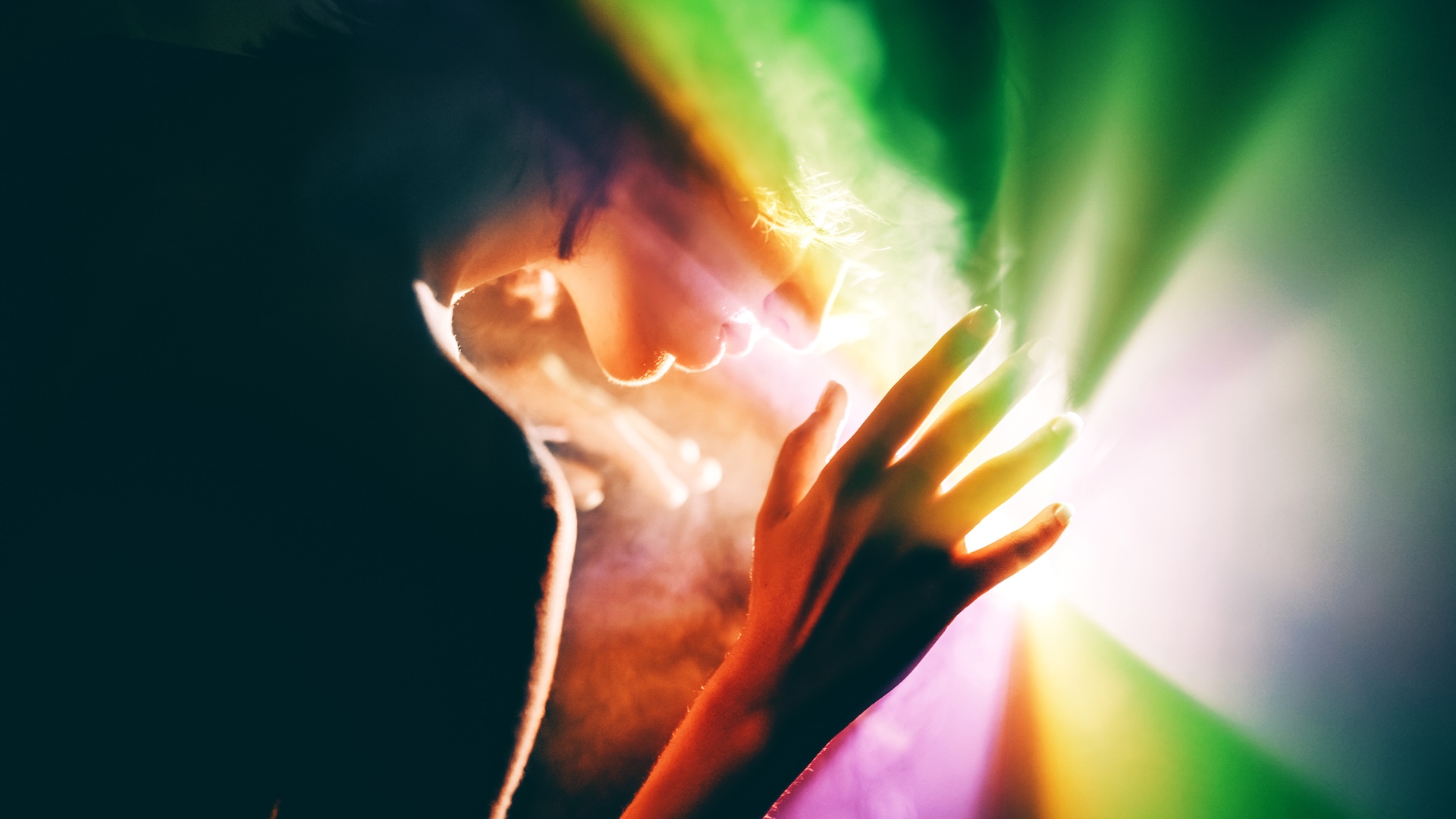
Psilocybin, the main psychoactive ingredient in magic mushrooms, can alleviate depression for at least five years after a single dose, a new study finds.
The research, presented June 18 at the Psychedelic Science 2025 conference in Denver, focused on patients with major depressive disorder (MDD), which is often called clinical depression. The serious mood disorder causes a persistent feeling of sadness and a loss of interest or pleasure in activities that were once enjoyable. The most common treatments for MDD include talk therapy and medications such as selective serotonin reuptake inhibitors, and both can take a long time to show any benefits.
When early studies hinted at psilocybin’s potential as an antidepressant, a team of researchers undertook the first-ever randomized clinical trial to explore the use of the psychedelic for treating severe depression. The trial included 24 patients, half of whom received psilocybin at the very start of the trial and half of whom received the same dose eight weeks later—the “waitlist” group. Each patient also received 11 hours of psychotherapy.
Even in that short time frame, “there was a significant reduction in depression in the immediate-treatment group compared to those on the waitlist,” study co-author Alan Davis, director of the Center for Psychedelic Drug Research and Education at The Ohio State University, told Live Science.
Once all of the patients had completed the four-week study, the psilocybin appeared to be four times more effective than traditional antidepressant medications, based on previous research data. One month after the treatment, 17 patients had relieved symptoms, including 14 who were in full remission from depression. Patients also responded much faster to psilocybin than is typical for conventional antidepressants.
But do these benefits of psilocybin last?
Related: Magic mushrooms temporarily ‘dissolve’ brain network responsible for sense of self
Very few long-term studies of psilocybin for depression have been conducted to date, said Dr. Charles Raison, a professor of human ecology and psychiatry at the University of Wisconsin-Madison who was not involved in the research.
“They are very difficult to do because people drop out,” Raison told Live Science in an email. “But also because they go on all sorts of other treatments that obfuscate the degree to which any longer lasting benefits result from the psychedelic or because the participant got therapy or restarted an antidepressant.”
To investigate whether the benefits for psilocybin lasted and if the patients had experienced any side effects, the researchers contacted the original trial participants several years later to request their enrollment in a follow-up study. Twenty-one patients enrolled, and their clinicians rated any changes in the participants’ levels of depression from before the original treatment to the present day.
The patients also filled out a series of self-reported, online questionnaires and met up with clinicians to document their ability to engage in everyday tasks, their levels of anxiety and their general mental health. The researchers assumed that the three patients that didn’t sign up for the follow up, and the three that didn’t complete the questionnaires had not remained in remission.
Even so, the researchers found that 67% of the participants who had suffered from depression half a decade earlier remained in remission after a single psychedelic therapy session. These patients also reported less anxiety and less difficulty functioning on a daily basis. In general, the two-thirds of the patients who responded well reported lasting positive changes in their mindsets, emotional health and relationships.
“I’m excited by these deeper aspects of their lives that really speaks to the importance of these interventions beyond just reduction of depression,” Davis said.
Most of the patients shared that, following the original treatment, they’d engaged in self-reflection and therapy to help understand themselves and navigate life’s challenges. Davis hypothesizes that the psychedelic experience catalyzes a deeper therapy process and would like to conduct future studies comparing the relative influences of psilocybin and psychotherapy in alleviating depression.
“The biggest caveat of this study is the small sample size, and the fact that the original trial showed larger antidepressant effects than subsequent larger multi-site studies seem to be showing,” Raison said. In a multi-site clinical trial with 233 participants, 37% of the 79 who received a single 25 mg dose of psilocybin, coupled with psychotherapy, went into remission from major depression.
While these trials report less widespread antidepressant effects, they support the idea that psilocybin can effectively treat depression, Davis said, and he is keen to see how the findings of multi-site trials hold up five years post-treatment.
Premium IPTV Experience with line4k
Experience the ultimate entertainment with our premium IPTV service. Watch your favorite channels, movies, and sports events in stunning 4K quality. Enjoy seamless streaming with zero buffering and access to over 10,000+ channels worldwide.
















